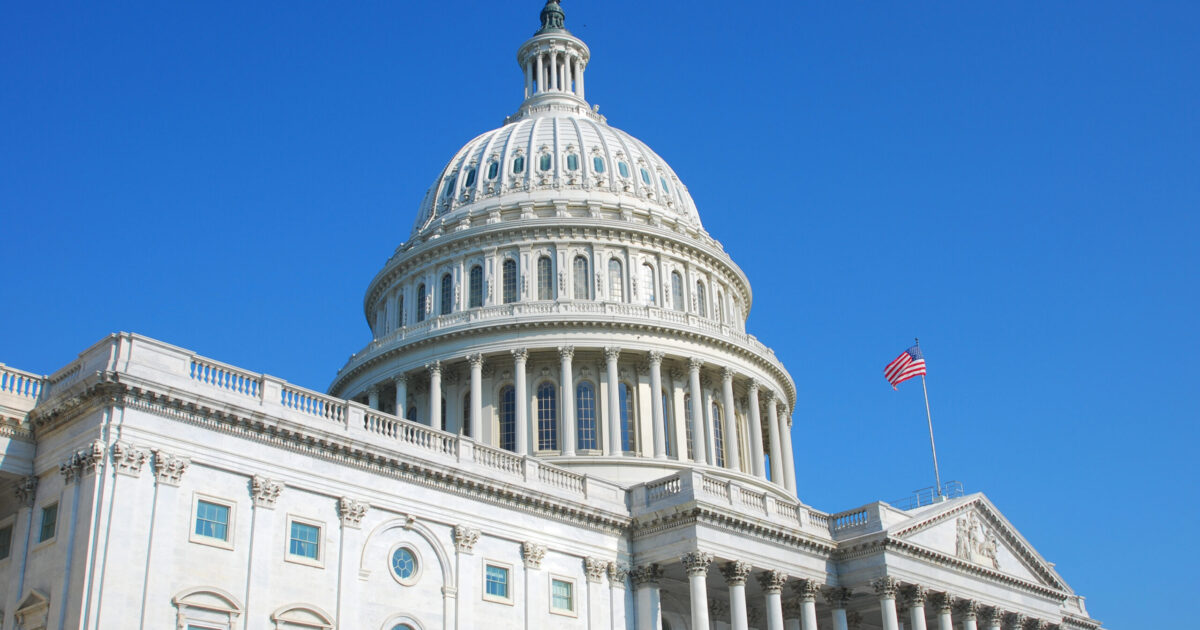WASHINGTON, DC – A bipartisan group of Members of Congress today announced legislation aimed at improving Americans’ privacy and security online. Senator Roger Wicker [R-MS], House Energy and Commerce Committee Chairman Frank Pallone [D-NJ] and Ranking Member Cathy McMorris Rogers [R-WA] released the American Data Privacy and Protection Act. The legislation is expected to considered by the Senate Commerce Committee and House Energy and Commerce Committee in the coming weeks.
“It is very encouraging to see a bipartisan proposal that recognizes that we are facing a data privacy crisis in this country and requires changes to Big Tech’s harmful business practices,” said Caitriona Fitzgerald, EPIC Deputy Director. “EPIC urges Congress to act quickly on a strong, comprehensive privacy law with robust enforcement.”
EPIC has been calling on Congress to pass a comprehensive privacy law for more than 20 years. In July 1999, EPIC founder Marc Rotenberg testified before Congress:
[T]he recent developments in the online industry make clear the need for privacy legislation. For those who are willing to look closely, there is little indication that self-regulation is working. Privacy policies read more like warning notices and disclaimers. The proposed merger of Internet advertising giant Doubleclick and the largest catalog database firm Abacus demonstrates many of the shortcomings of the self- regulatory approach. The merger would significantly undermine online privacy as advertising is radically transformed. In the absence of a legal framework for online privacy, Internet-based services are also being offered without privacy protections that would otherwise be required. The Internet is quickly becoming a privacy-free zone, where companies can push new products past an unsuspecting public.
EPIC issued a stark warning about the harmful impact of surveillance advertising:
In practical terms, advertising will be radically transformed. Where once advertisers could reach segmented markets and still allow potential customers who browsed a news magazine or watched a television show to safeguard their privacy, now advertisers will literally be watching potential customers even as those customers are reading web-based ads. Enormously detailed secret profiles of Internet users will be developed based on transactional records, purchase histories, and clickstream data.
But Congress failed to act. And, in the 23 years since, EPIC’s dire predictions have unfortunately been realized. Earlier this year, EPIC Deputy Director Caitriona Fitzgerald testified about the scope of the problem we now face:
The United States faces a data privacy crisis. Large and powerful technology companies invade our private lives, spy on our families, and gather the most intimate details about us for profit. […] These industries and systems have gone unregulated for more than two decades. And the result has been uncontrolled data collection, large scale data breaches, and an ecosystem dependent on a few large commercial surveillance platforms. […] We need comprehensive, baseline privacy protections for every person in the United States, changes to the business models that have led to today’s commercial surveillance systems, limits on government access to personal data, and strong enforcement of privacy protections.
EPIC and a coalition of privacy and consumer privacy groups…
